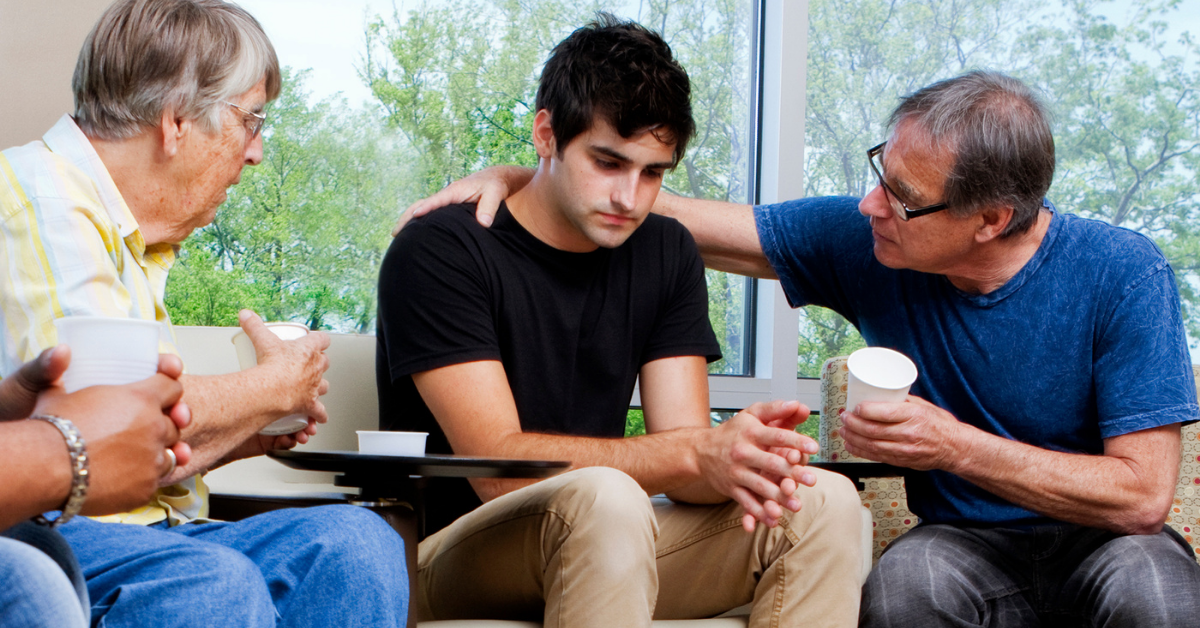Defined by intervention counselors, battering includes multiple types of physical, psychological, and/or sexual abuses, such as physical violence, threats, intimidation, isolation, emotional abuse, economic coercion, manipulation, and the assertion of privilege. Those who find themselves in these kinds of acts can seek mental health services and counseling from professionals. Counseling of Southwest Florida, a Florida counseling center, specializes in batterer intervention therapy programs.

What is Battering?
Battering is a learned behavior that is often motivated by the unconscious or conscious desire of the abuser to control the victim. Battering isn’t usually a result of anger, mental illness, or the influence of drugs and alcohol. This behavior is typically acted upon on purpose.
Different Aspects of Battering
- Physical violence, which may include unwanted physical behavior, such as hitting, beating, pushing, shoving, choking, object throwing, burning, or restraining victim from leaving. It can also refer to the refusal of seeking help if the victim is injured or ill.
- Threats, which include threatening to hurt the victim, their family, their career, etc.
- Emotional abuse, which includes verbal insults to undermine the victim’s self-confidence and discourage them from ending their relationship with the abuser. The abuser may also try to convince the victim that they’re unattractive, stupid, incompetent, or the very reason they’re being abused.
- Sexual abuse, may include sexual mutilation, forced prostitution, and unwanted sexual practices.
- Isolation, like controlling what the victim does and who they can contact and see. The abuser may alienate them from their family, friends, school or work.
- Intimidation, which includes gestures and actions that remind the victim of the potential for the physical violence to come.
What Do Battering Intervention Programs Do?
Battering intervention programs are designed for men arrested for domestic violence, or for men who would be arrested if their actions were public. These kinds of programs help to prevent further violence from happening, and also serve as a form of justice.
Some perpetrators of domestic violence do have a diagnosable condition, but batterer intervention programs treat this condition as a separate issue, and can provide referrals for other types of counseling, if necessary.
Battering intervention programs are a comprehensive approach to domestic violence, and many courts order the offender to attend these types of programs while on probation for domestic violence. The main goal of battering intervention programs is to teach the abuser how to identify and self-monitor negative thoughts, and to stop the negative self-talk that comes before the violence. This is all to prevent further abuse in the future.
These programs also teach gender equality in relationships, and they teach both participants to identify various forms of abuse, take responsibility, and find alternatives to the violence. This will ultimately teach both parties how to develop a response that is not an abusive one.
The trained professionals at Counseling of Southwest Florida are mental health specialists, who understand the effects of battering. For information on further mental health services from a Florida counseling center, check out our resources page and stay up to date with our blog.
